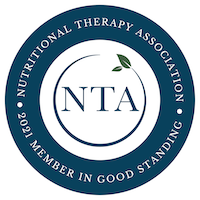After deciding to cut back on my coffee consumption, I turned to matcha as my new daily ritual. Despite also containing caffeine, I found that matcha didn’t affect my body in the same negative ways as coffee. Instead of feeling jittery or experiencing an afternoon crash, my stomach was settled and I felt more focused. Whether you’re looking to cut back on coffee or just want to try something new, matcha is definitely worth a try.
Matcha is made from whole green tea leaves that are ground into a fine powder. It has a delightful blend of sweet, rich, and earthy flavors that are smooth and enjoyable.
During the slow harvesting process of matcha, the bright green color emerges and an amino acid called theanine is produced. This compound promotes relaxation without inducing grogginess, making it a great alternative for boosting mood and energy.
One of the most unique aspects of matcha is the combination of caffeine and theanine, which work together to eliminate anxiety and improve mental focus. Matcha is still best consumed in the morning with a meal and not after 1pm.
In addition to its mental benefits, matcha is also packed with antioxidants and has been shown to improve liver function and heart health. The active antioxidant in matcha is called catechin. It can reduce inflammation, support immunity, regulate metabolism, prevent digestive issues, and reduce the risk of cell damage. Reducing inflammation in the body can help prevent a range of health issues.
The liver is a vital organ responsible for many functions, including bile production for fat digestion and nutrient storage. The catechins in matcha may also help reduce the risk of nonalcoholic fatty liver disease and improve overall liver function.
Overall, matcha can be a great addition to a balanced diet with numerous benefits for both internal and external health. Give it a try with my recipe!



